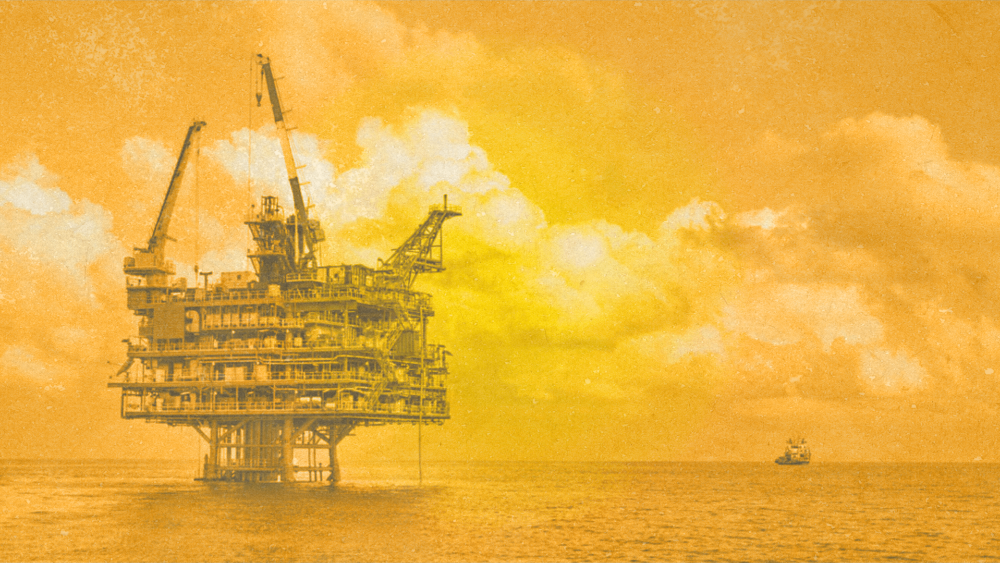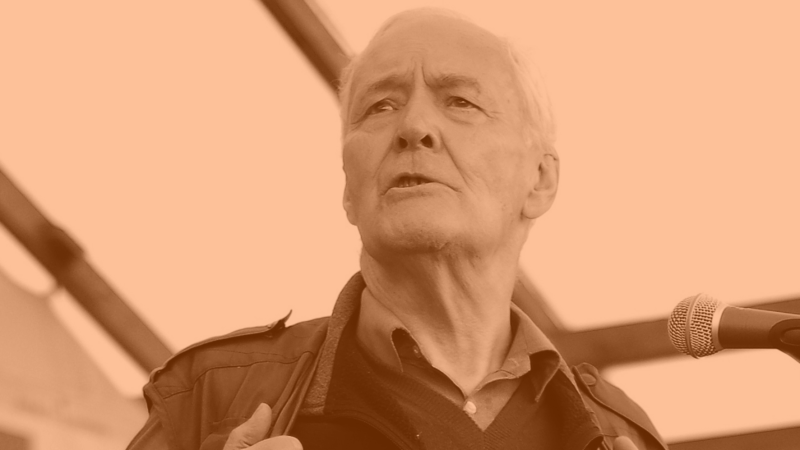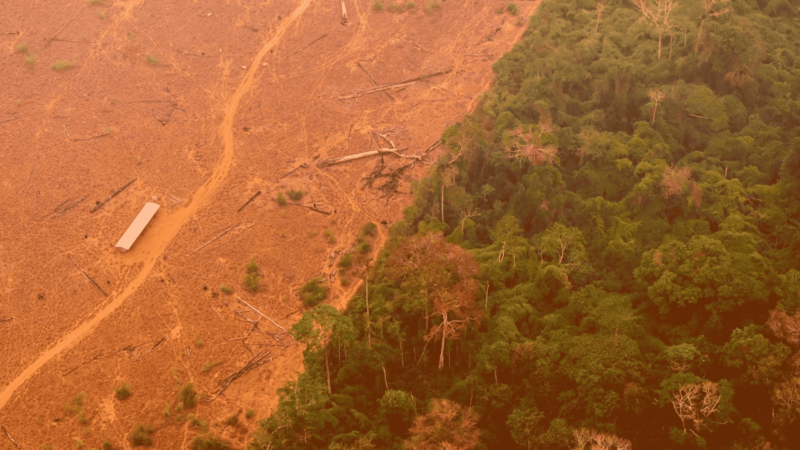As the Israeli onslaught of Gaza continues, far beyond the parameters of any so-called ‘retribution’ for Hamas’ October 7 attacks, it is clear that there is more to the story than what we are being led to believe.
A major factor that barely anyone seems to be discussing is the importance of natural gas that lies off the shores of Israel – or its Exclusive Economic Zone (EEZ) – in this whole conflict.
Firstly, lets take a look at how an EEZ is defined, before moving forward and outlining the specific case of Israel and Palestine.
What is an Exclusive Economic Zone (EEZ)?
“An exclusive economic zone (EEZ), as prescribed by the 1982 United Nations Convention on the Law of the Sea, is an area of the sea in which a sovereign state has exclusive rights regarding the exploration and use of marine resources, including energy production from water and wind.
“The term does not include either the territorial sea or the continental shelf beyond the 200 nautical mile limit. The difference between the territorial sea and the exclusive economic zone is that the first confers full sovereignty over the waters, whereas the second is merely a “sovereign right” which refers to the coastal state’s rights below the surface of the sea. The surface waters are international waters.”
What is a sovereign state?
A sovereign state is one that has the highest authority over a territory. International law defines sovereign states as having a permanent population, defined territory, a government not under another, and the capacity to interact with other sovereign states.
“The State of Palestine has been recognized by 139 of the 193 UN members and since 2012 has had a status of a non-member observer state in the United Nations. It was noted therein that there was no legal impediment to using the designation Palestine to refer to the geographical area of the Palestinian territory,” states Wikipedia.
“At the same time, it was explained that there was also no bar to the continued use of the term “Occupied Palestinian Territory including East Jerusalem” or such other terminology as might customarily be used by the Assembly. As of 31 July 2019, 138 (71.5%) of the 193 member states of the United Nations have recognised the State of Palestine. Many of the countries that do not recognise the State of Palestine nevertheless recognise the PLO as the “representative of the Palestinian people”. The PLO’s Executive Committee is empowered by the Palestinian National Council to perform the functions of government of the State of Palestine.” Source:
The point that the aforementioned definitions – that of an EEZ and of Palestine – share commonalities is in the ‘Middle East Problem’, the 75-year-old conflict between Israel and Palestine, and can be noticed on the map of the Gaza strip.
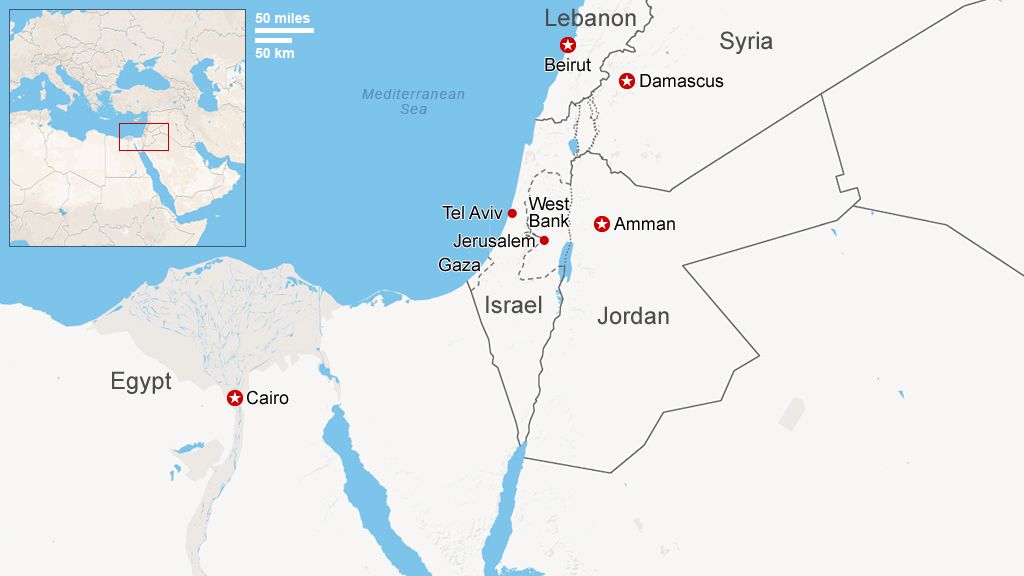
On this map it becomes clear that, according the international law, by the recognition of Gaza strip as a part of the State of Palestine, Palestine has a right to claim its own EEZ.
Is it important? Well, if not, then how can Benjamin Netanyahu’s rush to incite interests precisely in this area, right after the beginning of the war on Gaza, be explained?
Israel hands out offshore oil exploration licences to BP and ENI to strengthen international relations
On October 29 of last year, Israel’s energy department announced it had granted two licences for oil exploration. Winners included BP and Italian national oil company ENI. The Israeli energy minister said it showed the industry’s “confidence” in the country.
‘Confidence in Israel’
Israeli financial newspaper Globes said on October 30 that the country’s Ministry of Energy and Infrastructure had announced the results of two exploration bids. A consortium including BP and Azerbaijan state oil firm SOCAR won licences for an area west of the Karish oil field. Meanwhile, a consortium including ENI won licences for the other region, located southwest of the Leviathan oil field.
Globes reported that the Ministry of Energy had pinned “major hope” on these licences to attract international investment. Moreover, BP was already part of discussions to buy a 50 percent stake in major Israeli oil and gas group NewMed.
Bidding for the licences closed in July. However, industry analyst Mona Sukkarieh said the announcement of winners has come at a “curious time… amid a raging war”. However, energy minister Israel Katz made it clear that Israel wanted the announcement to show international “confidence” in the country.
Precisely at this time, massive natural gas exploration companies are expressing confidence in Israel’s resilience and want to invest there. The winning companies have committed to unprecedented investments in natural gas exploration already over the next three years, in pursuit of discovering new reserves, thus strengthening Israel’s energy security, strengthening Israel’s international ties, lowering the cost of living and providing energy support to accelerate the transition of the economy to renewable energy.
Oil and gas wars
In June, Israel approved the development of Gaza Marine, the strip of water off the Gazan coast containing an estimated 1tn cubic feet of natural gas. Offshore Technology said the field would produce about 2.4bn dollars in royalties and profits for Palestine during its lifetime. As the website also noted, Gaza Marine is closer to shore than Israel’s existing oil and gas fields, making it cheaper to develop.
Meanwhile, after Europe cut off Russian oil and gas supplies in 2022, Israel signed a deal with the EU to become a keystone supplier.
Joseph Dana, a market analyst and journalist, wrote at the time that the plans would “radically transform” Israel’s relationship with the rest of the world over its occupation of Palestine. In particular, Dana highlighted how new Israeli oil and gas prospects could make pro-Palestinian campaigns in Europe effectively “meaningless”.
Leviathan, with 22.9 TCF of recoverable gas, is the largest natural gas reservoir in the Mediterranean, and one of the largest producing assets in the region.
The reservoir was discovered in December 2010 by NEWMED Energy (with a working interest of 45.3%), Chevron (which was called “Noble Energy” at the time, with a working interest of 39.7%) and Ratio (with a working interest of 15%).
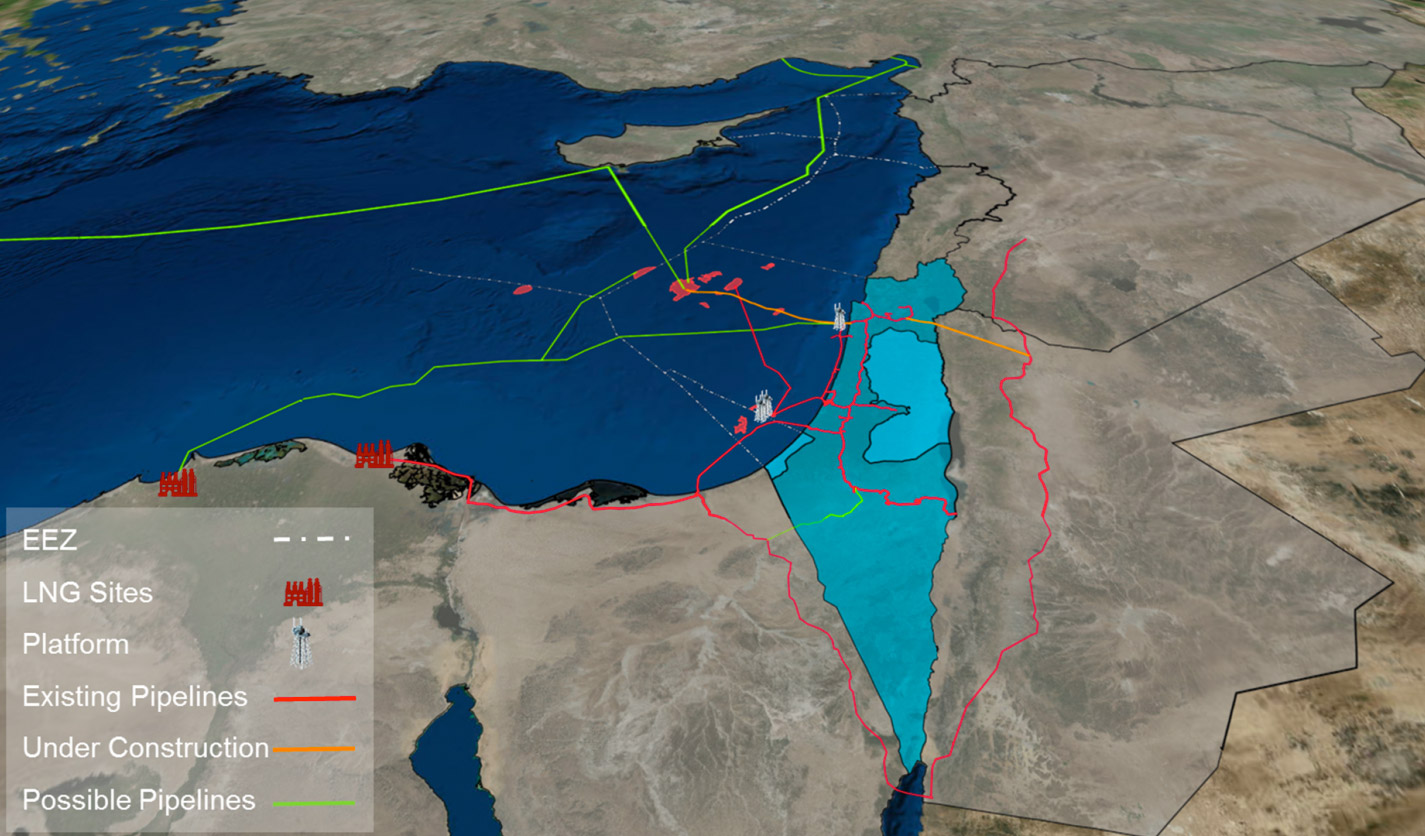
The main issue: there are about two million Palestinian residents in the area. So, where should they go? To the Sinai desert? Says who? Says Netanyahu, who faces a litany of bribery, fraud and breach of trust charges, as a New York Times report lays bare.
So, is there any indication that this is already happening? According to Wikileaks and two newspapers of Israel, it is.
A week after the Hamas attack, Israel’s Ministry of Intelligence issued a secret ten-page document outlining the expulsion of the Palestinian population of Gaza to northern Sinai, in Egypt:
- Instruct Palestinian civilians to vacate north Gaza ahead of land operations
- Sequential land operations from north to south Gaza
- Routes across Rafah to be left clear
- Establish tent cities in northern Sinai and construct cities to resettle Palestinians in Egypt
The document has been verified by an official from the Ministry of Intelligence, according to the Hebrew website Mekomit which originally published the document. Mekomit noted that documents from the Ministry of Intelligence are advisory and not binding.
Is there any solution right now, to stop this bloodbath? The path has been indicated by the United States and the European Union, with their sanctions on Russia amid the war in Ukraine: reduce the financial power of the aggressor, by boycotting whatever finances aggressiveness.
But, with Israel being such a close ally to the aforementioned pair, both politically and financially, it is glaringly obvious that Netanyahu’s government will not face such a response.
Do you want to be informed of DiEM25's actions? Sign up here





